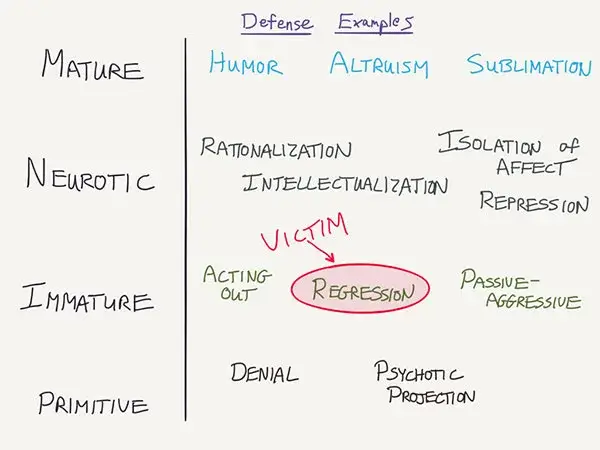ALCOHOL AND ITS EFFECTS It sounds pretty strange to ‘drink at’ another person. This is an abstract concept and involves the emotional connections driving your drinking. Peer support programs often use this phrase to imply the person has not fully accepted his or her alcoholism. Drinking at someone has an aggressive quality, and it could be a form of ‘acting out’ against that person or possibly ‘projecting anger’ onto that person. Either way, it doesn’t fall under a completely mature way of coping. There are numerous reasons why someone might relapse on alcohol. Alcoholic’s Anonymous often uses the pneumonic H.A.L.T. to describe common reasons to relapse. H ungry A ngry L onley T ired Feeling any of the above increases your vulnerability to return to drinking. All of these states involve some common emotions, namely frustration, discontentment, agitation, or fear. Helping someone to feel more aware of these emotions and process them effectively makes the person more durable. Especially in early alcoholism recovery, the risk for relapse is high, so we need to be extra vigilant about something like ‘HALT.’
Defense Mechanisms
One of the psychological ways we can look at this struggle is through defense mechanisms. When someone ‘drinks at’ another person, they are projecting anger towards that person. The irony of this is that the only person who truly suffers is the drinker! There is a 4-part hierarchy of defense mechanisms. This diagram shows this in a ladder format and targets regression as the common position of a victim.  Other immature defense mechanisms include acting out and passive-aggressive behaviors. All of these connect when an alcoholic ‘drinks at’ someone else. All of the immature defense mechanisms have something in common – they involve someone ‘behaving’ rather than ‘talking.’ This seems to give us a way out of this problem – better communication. Through better communication, you can get validated for how you feel and process emotions in a more authentic way. That allows you to function higher up on the ladder. Mature defenses such as humor and sublimation (channeling anxiety through art, sports, or music) are more effective and more honest ways to cope with anxiety.
Other immature defense mechanisms include acting out and passive-aggressive behaviors. All of these connect when an alcoholic ‘drinks at’ someone else. All of the immature defense mechanisms have something in common – they involve someone ‘behaving’ rather than ‘talking.’ This seems to give us a way out of this problem – better communication. Through better communication, you can get validated for how you feel and process emotions in a more authentic way. That allows you to function higher up on the ladder. Mature defenses such as humor and sublimation (channeling anxiety through art, sports, or music) are more effective and more honest ways to cope with anxiety.
What Needs to Get Communicated?
Above all, the emotions at play need to be decompressed. It is very common to have the alcoholic partner feeling controlled or belittled by the loved one. When someone makes the efforts to address their alcoholism, they are going through a change process, but loved ones often hold a lot of resentment. We often talk in our treatment center about the alcoholic ‘moving forward’ from all of the consequences of the drinking while the family has to hold onto those memories. Essentially, through such heavy drinking, the alcoholic often forgets about the awfulness that was said or done. The loved ones remember! These family patterns need to be processed over time, in safe space. Family therapy, when executed at the right time in the healing process, is often needed to help loved ones express resentments from the past. The alcoholic member may hold resentments as well around numerous issues. Even just being asked to get sober can be a huge source of resentment. When an alcoholic sobers up but holds a lot of resentment that he or she needed to quit drinking, we would call them a dry drunk. Dry drunk’s love to ‘drink at’ other people.
